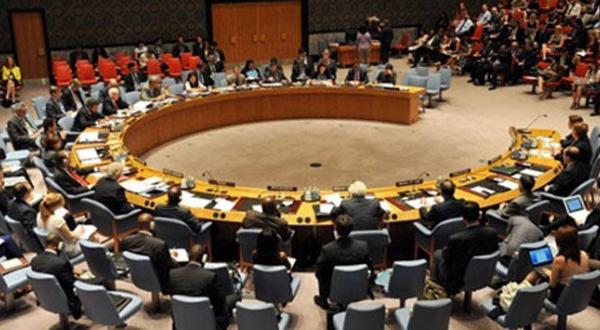Russia has decided to take its differences with Turkey to the UN Security Council which was scheduled to convene an emergency closed-door session yesterday evening on the Syrian crisis and Turkish operations on Syrian land in particular. In a memorandum that was sent to the presidency of the Council that is held by Venezuela this month, Moscow expressed “great concern at the escalation at the Turkish – Syrian border and the plans announced by Turkey to send troops to Syria.”
Russia digressed from its usual stance yesterday when its Ambassador Vitaly Churkin to the United Nations criticised the President of the Syrian regime Bashar Al-Assad for hindering a peaceful solution to the crisis by issuing statements in which he expressed his determination to regain control of all Syrian territory. Churkin told the Russsian Kommersant newspaper that “Russia has invested very seriously in this crisis, politically, diplomatically and now also militarily. Therefore we of course would like that Bashar al Assad should take account of that.” He added that Assad’s position “does not conform to Russia’s diplomatic efforts” and that “If they proceed on the basis that no ceasefire is necessary and they need to fight to a victorious end, then this conflict will last a very long time and that is terrifying to imagine.”
The Syrian opposition considers this negative Russian position to be in support of Assad’s position and to lack credibility. The Vice-President of the Syrian Coalition Hisham Marwa said that the recent Russian statements regarding the Assad regime’s position on negotiations and a political transition “do not have credibility whilst aggression against Syria, especially in the northern countryside of Aleppo continues”.
Samir Nashar who is a member of the coalition told Asharq Al-Awsat that “Assad’s confidence in himself has increased a lot since the beginning of Russia’s military campaign in Syria and because of the achievements of the regime and its supporters on the ground. He knows that Moscow knows very well that its intervention is aimed at saving the regime from collapse rather than re-establishing control over Syria entirely.”

